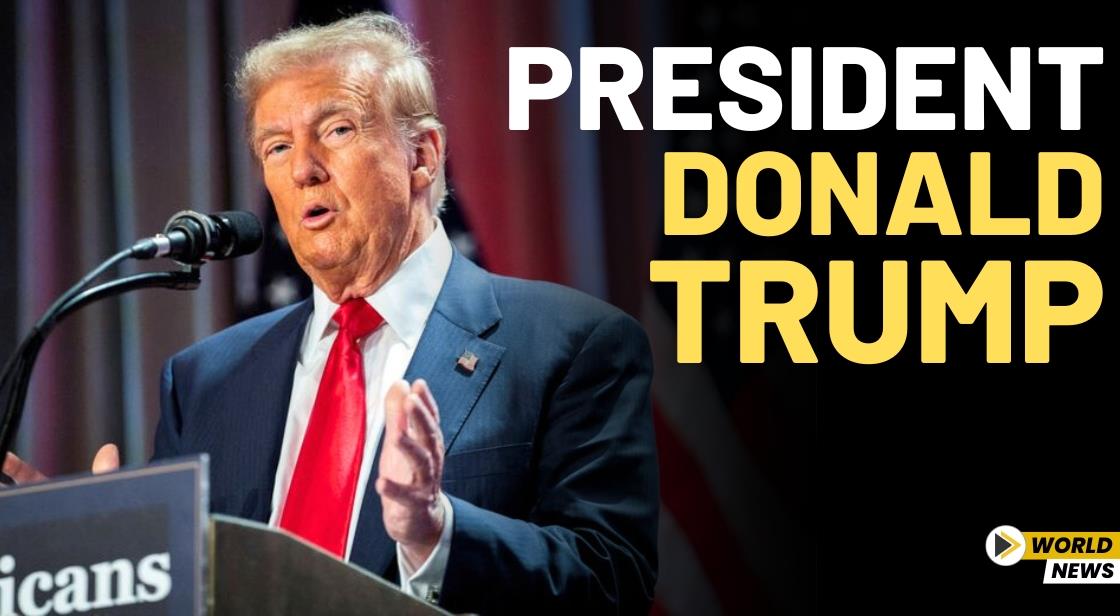Donald Trump’s FAA pilot program accelerates US air taxi future

News Synopsis
The United States Department of Transportation (DoT), under the Trump administration, has taken a bold step toward reshaping urban mobility. On Friday, the Federal Aviation Administration (FAA) unveiled its Electric Vertical Takeoff and Landing Integration Pilot Programme (eIPP)—a nationwide initiative aimed at expediting the integration of electric air taxis into US skies.
According to the Federal Aviation Administration (FAA), the program is intended to create “new frameworks and regulations for enabling safe operations” while fostering close collaboration between federal agencies, state governments, and private aviation innovators.
Transportation Secretary Sean Duffy highlighted the significance of this move, saying: “The next great technological revolution in aviation is here. The United States will lead the way, and doing so will cement America’s status as a global leader in transportation innovation. That means more high-paying manufacturing jobs and economic opportunity.”
This pilot initiative underlines Washington’s ambition to secure America’s place at the forefront of the advanced aerial mobility race, a sector projected to generate billions in investment and employment opportunities.
What the eIPP means for the future of air taxis
The newly launched Electric Vertical Takeoff and Landing Integration Pilot Programme (eIPP) will run for three years from its first project’s launch and include at least five pilot initiatives. These test cases will span multiple use scenarios, such as:
-
Passenger transport within urban and suburban corridors
-
Cargo delivery for logistics and last-mile connectivity
-
Emergency response, including medical transport and disaster relief airlifts
Both piloted and unmanned eVTOL aircraft will be tested under real-world conditions, allowing regulators to collect critical safety and performance data before granting full FAA certification.
Industry leaders join the pilot program
The eIPP has already gained strong interest from the aviation industry, particularly from US-based Joby Aviation and Archer Aviation, two frontrunners in the global eVTOL race.
-
Joby Aviation, which secured FAA approval in June 2023 to conduct test flights of its electric flying taxi prototype, confirmed its participation. “We’ve spent more than 15 years building the aircraft technology and operational capabilities that are defining advanced aerial mobility, and we’re ready to bring our services to communities,” said Greg Bowles, Joby’s chief policy officer.
-
Archer Aviation also announced its involvement. CEO Adam Goldstein stated: “We’ll demonstrate that air taxis can operate safely and quietly. These early flights will help cement American leadership in advanced aviation and set the stage for scaled commercial operations in the U.S. and beyond.”
With at least five participants expected, the FAA is currently reviewing proposals, as detailed in a forthcoming federal notice.
Regulatory hurdles and opportunities
At present, all aircraft must be FAA-certified to operate commercially for passenger or cargo transport. The certification process can take years, creating a bottleneck for scaling air taxi services.
The eIPP aims to reduce this gap by allowing supervised pilot projects that generate operational insights for regulators. The FAA hopes these results will accelerate the development of clear safety standards while encouraging private investment and innovation.
The program also builds on prior FAA efforts. In June 2023, the agency gave Joby Aviation the green light for test flights, marking one of the first major steps toward legitimizing eVTOL technology in the US. With the new pilot scheme, both Joby and Archer are re-engaging federal authorities to demonstrate air taxi readiness on a broader scale.
Local partnerships and broader impact
Participants in the eIPP will be required to coordinate with state and local governments, industry stakeholders, and communities. These partnerships will help refine operational procedures, address safety concerns, and demonstrate the effectiveness of air taxis in diverse environments—from crowded cityscapes to rural regions.
Ultimately, the results of these pilot projects are expected to guide future US regulatory frameworks and enhance America’s competitive edge in the global air mobility market, where nations like China, South Korea, and the UAE are also racing to establish leadership.
Conclusion
The launch of the Electric Vertical Takeoff and Landing Integration Pilot Programme (eIPP) under the Trump administration signals a major leap forward for the United States in advanced aviation technology. While safety regulations remain a work in progress, the pilot program aims to fast-track the testing and adoption of eVTOL aircraft for passenger, cargo, and emergency operations.
With industry leaders like Joby Aviation and Archer Aviation already on board, the initiative is poised to deliver valuable data that will shape regulatory policies, accelerate certification timelines, and demonstrate the economic potential of this new form of aerial mobility.
If successful, the program could not only position the US as a global leader in flying taxis but also transform how people and goods move across cities—ushering in a new era of efficient, clean, and futuristic transportation.









